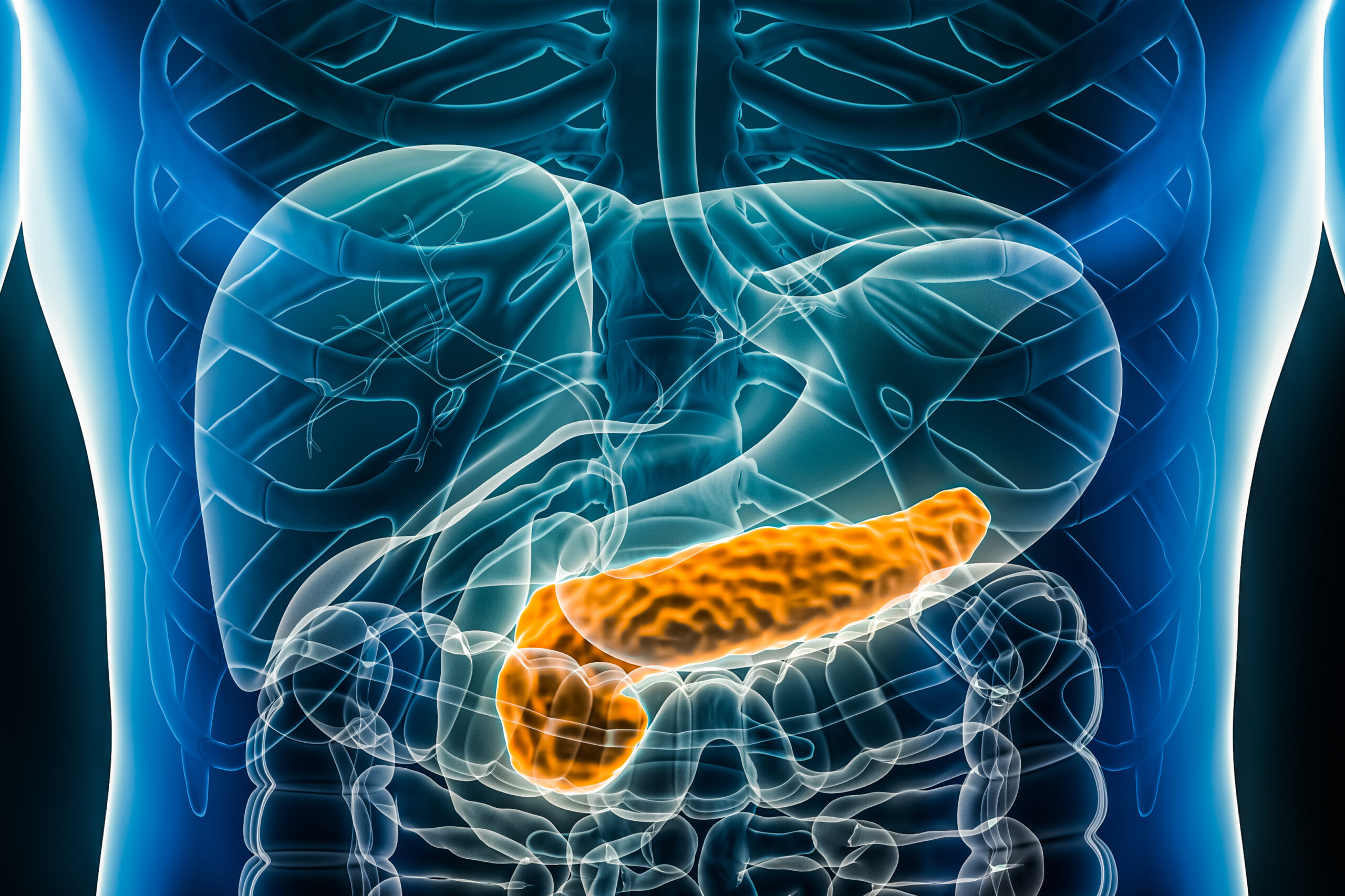
Introduction: Understanding the Inflamed Pancreas and Its Management
Pancreatitis, a condition characterized by the inflammation of the pancreas, is a serious medical concern affecting millions worldwide. The Pancreas, an essential organ responsible for producing digestive enzymes and insulin, plays a crucial role in maintaining overall health. When this vital organ becomes inflamed, it can lead to severe pain, digestive issues, and even life-threatening complications. In this blog, we delve into the causes, symptoms, diagnosis, and management of Pancreatitis to shed light on this critical health issue.
Understanding Pancreatitis:
The Pancreas, located behind the stomach, performs two main functions: Exocrine and Endocrine. The Exocrine function involves producing enzymes that help digest fats, proteins, and carbohydrates in the small intestine. The Endocrine function includes the production and release of hormones, primarily insulin, into the bloodstream to regulate blood sugar levels. Pancreatitis can be broadly categorized into two types: Acute Pancreatitis and Chronic Pancreatitis. Acute pancreatitis is a sudden inflammation that may last for a short period, whereas Chronic Pancreatitis is a long-term inflammation that causes permanent damage to the pancreas.
Causes and Risk Factors:
The causes of pancreatitis can vary, and identifying the underlying trigger is essential for effective management. The most common causes include gallstones, alcohol consumption, and high triglyceride levels. Other factors that can lead to pancreatitis include:
- Smoking: Cigarette smoking increases the risk of Pancreatitis, especially in individuals with a history of heavy alcohol consumption.
- Genetics: Certain genetic factors can predispose individuals to Pancreatitis, making them more susceptible to the condition.
- Infections: Viral infections, such as mumps or certain viruses, may also contribute to Pancreatitis.
- Medications: Certain medications, such as some antibiotics and blood pressure drugs, have been linked to Pancreatitis in some cases.
Symptoms of Pancreatitis:
The symptoms of Pancreatitis can vary from mild discomfort to severe, debilitating pain. Common symptoms include:
- Abdominal Pain: The hallmark symptom of Pancreatitis is intense abdominal pain, often felt in the upper abdomen and radiating to the back.
- Nausea and Vomiting: Individuals with Pancreatitis may experience persistent nausea and vomiting.
- Fever: A low-grade fever may accompany Pancreatitis, especially in cases of acute inflammation.
- Rapid Pulse: An increased heart rate can be a sign of severe Pancreatitis or complications.
- Jaundice: In some cases, yellowing of the skin and eyes (jaundice) may occur if the inflammation affects the bile duct.
Diagnosis and Treatment:
Prompt diagnosis and treatment are crucial in managing Pancreatitis effectively. A comprehensive medical history, physical examination, and laboratory tests, including blood tests and imaging studies such as CT scans or MRI, are used to diagnose pancreatitis. The treatment plan for Pancreatitis depends on its severity and underlying cause. For acute Pancreatitis, hospitalization may be necessary to manage pain, prevent complications, and provide supportive care. In severe cases, patients may require nutritional support through a feeding tube. For Chronic Pancreatitis, treatment focuses on alleviating symptoms, managing pain, and improving digestion. Lifestyle changes, such as avoiding alcohol and adopting a low-fat diet, are essential for patients with Chronic Pancreatitis. In some cases, surgery may be required to relieve obstructions or drainage of fluid collections.
Prevention and Management:
Preventing Pancreatitis involves adopting a healthy lifestyle, including limiting alcohol consumption, maintaining a balanced diet, and quitting smoking. If Gallstones are the cause, their removal through surgical intervention may be necessary to prevent recurrence. For individuals with a history of Pancreatitis or those at risk, regular check-ups and medical follow-ups with a Pancreas Specialist are essential to monitor the condition and manage it effectively. In conclusion, Pancreatitis is a serious medical condition that requires prompt attention and appropriate management. Understanding the causes, symptoms, and treatment options can empower individuals to take charge of their health and work towards preventing and managing this inflammatory condition. If you experience any symptoms of pancreatitis or have concerns about your pancreas health, we welcome you to Gastrocure Endoscopy Centre and Liver Care Clinic in Thane, Maharashtra to seek medical advice from our qualified healthcare professional, Dr Rajdeep More for timely evaluation and personalized care. Remember, early detection and intervention can make a significant difference in the outcome and quality of life for individuals with pancreatitis.